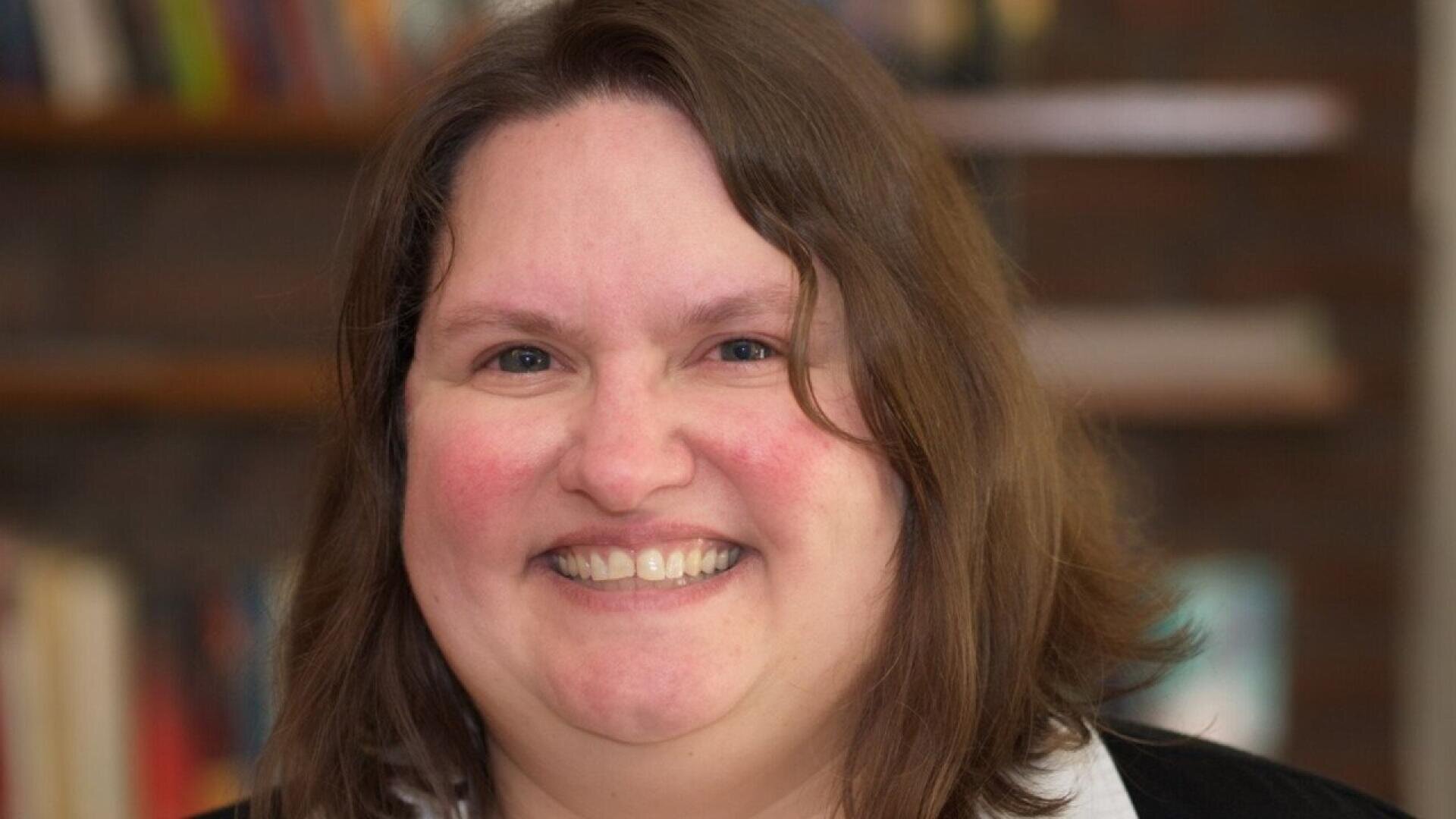Interview on the PFAS ban: "Companies and associations should participate in the consultation"
PFAS are often indispensable for medical technology due to their biocompatibility and durability. The planned ban poses problems for the industry. We took the situation as an opportunity to ask Frauke Averbeck from the Federal Institute for Occupational Safety and Health.
Industry associations are sounding the alarm, all the more so since the European Chemicals Agency (ECHA) published its proposal for a ban on the production, use and marketing of around 10,000 perfluoroalkyl and polyfluoroalkyl substances in February. BVMed and Spectaris appeal to German health policy to intervene in the procedure at EU level and to prevent blanket regulations for entire groups of substances. We wanted to know from BAuA expert Frauke Averbeck whether she can understand the excitement and what associations and companies can do in this situation.
Ms Averbeck, the European Commission is planning a far-reaching ban on PFASs. However, they are currently considered indispensable in medical technology. Isn't this throwing the baby out with the bathwater because patient safety is at risk?
Frauke Averbeck: At the moment, it is a restriction proposal that was jointly submitted to ECHA by the five countries Germany, the Netherlands, Denmark, Sweden and Norway. This indeed provides for a far-reaching ban on the production and use of PFASs, but allows for temporary exemptions for socially indispensable uses for which there are currently no alternatives.
Patient safety also plays a role in assessing which uses are socially indispensable. A public consultation on the proposal is currently underway and a scientific evaluation of the proposal is being carried out by two ECHA-based committees, the Risk Assessment Committee (RAC) and the Socio-Economic Analysis Committee (SEAC). Only then does the European Commission make a decision based on all the information submitted and in cooperation with representatives of all EU Member States.
 So far, PFASs are found in various medical devices such as implants. © Envato Elements
So far, PFASs are found in various medical devices such as implants. © Envato Elements
Don't there have to be exceptions? What could they be?
Frauke Averbeck: The submitted restriction proposal already provides for some exemptions, for example for implantable medical devices such as pacemakers. In addition, during the preparation of the proposal, applications in the field of medical devices were identified for which an exemption could possibly be justified, the so-called "potential exemption", but for which not enough information has been provided so far to justify it. This concerns, for example, products for wound treatment or hard, gas-permeable contact lenses.
Information on these is to be submitted in the consultation. In addition, companies and associations are of course free to propose other areas of application for exemptions that they consider important.
Affected companies, associations and other stakeholders should participate in this consultation with their information and explain as plausibly and comprehensibly as possible in which areas of use PFASs cannot be dispensed with.
Frauke Averbeck, Federal Institute for Occupational Safety and Health (BAuA)
In your view, could the plastics or medical technology industry do more to avoid an impending crisis due to a lack of alternatives?
Frauke Averbeck: The public consultation on the proposed restriction is still open until 25 September 2023. Affected companies, associations and other stakeholders should participate in this consultation with their information and explain as plausibly and comprehensibly as possible in which areas of use PFASs cannot be dispensed with.
This should also include information on which PFASs are used in which quantities and concentrations, what their function is, why they are indispensable in the opinion of the companies or associations - i.e. address the question of what the consequence would be if PFASs were no longer available for use - and what efforts have already been made in the past to replace PFASs.
About the person
Dr Frauke Averbeck is a chemist and received her doctorate from the Georg-August University in Göttingen in 2005. Since 2008 she has been working at the Federal Institute for Occupational Safety and Health in Department 5, the Federal Chemicals Agency (BfC). According to the German Chemicals Act, the BfC is the authority responsible for implementing the REACH Regulation in the Federal Republic. In the group "Chemical Assessment and Risk Management", Dr Averbeck coordinates, among other things, the national activities as well as the joint work of the participating authorities of the Member States within the framework of the PFAS restriction project.


